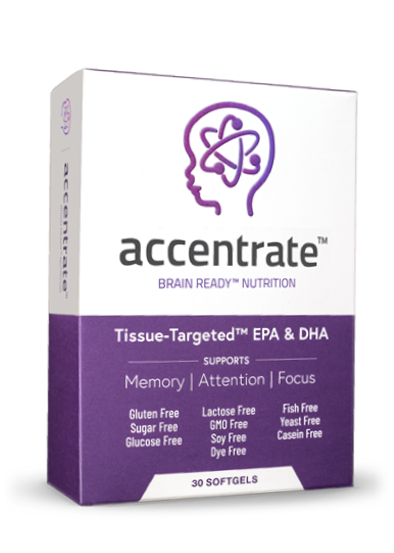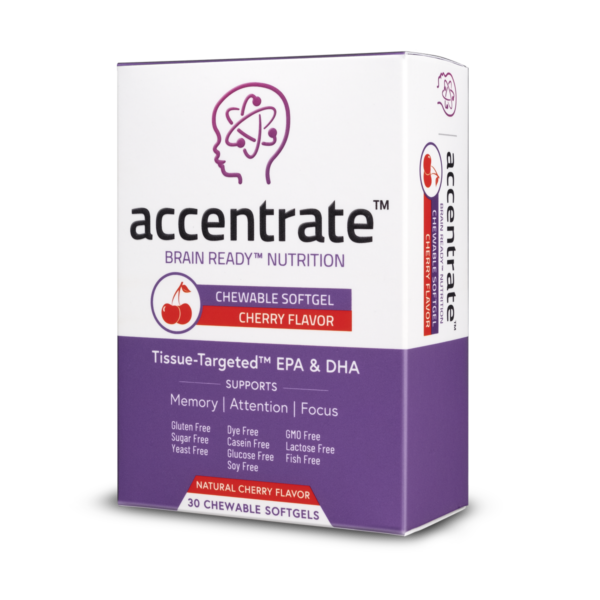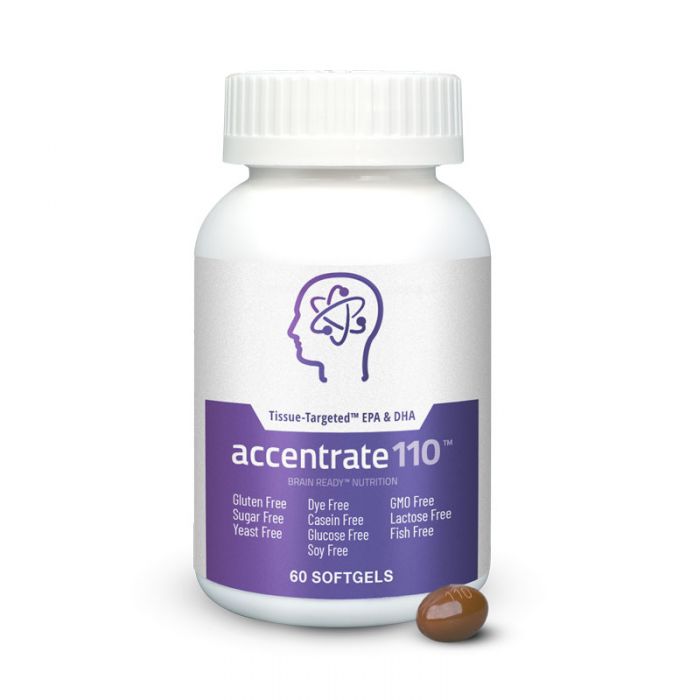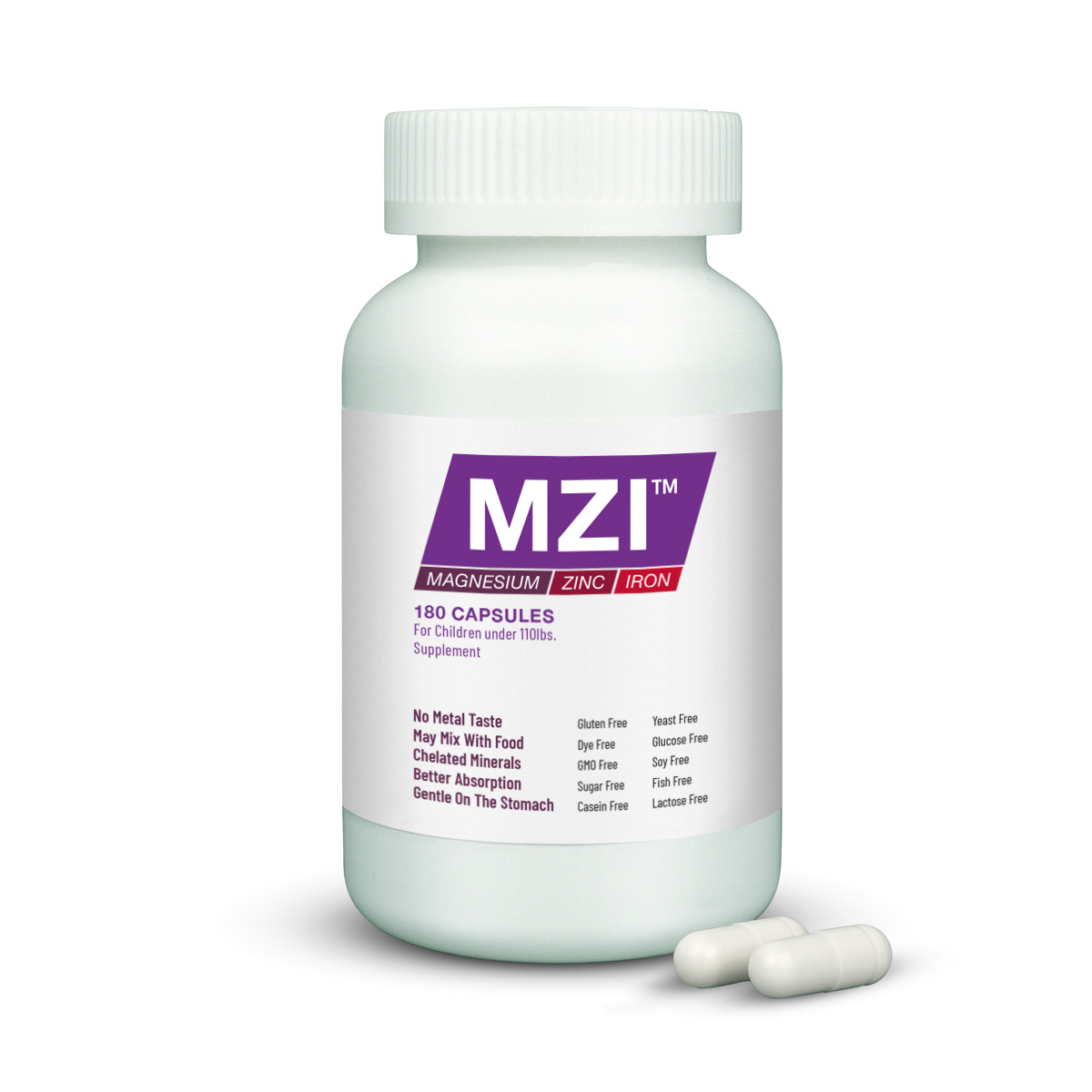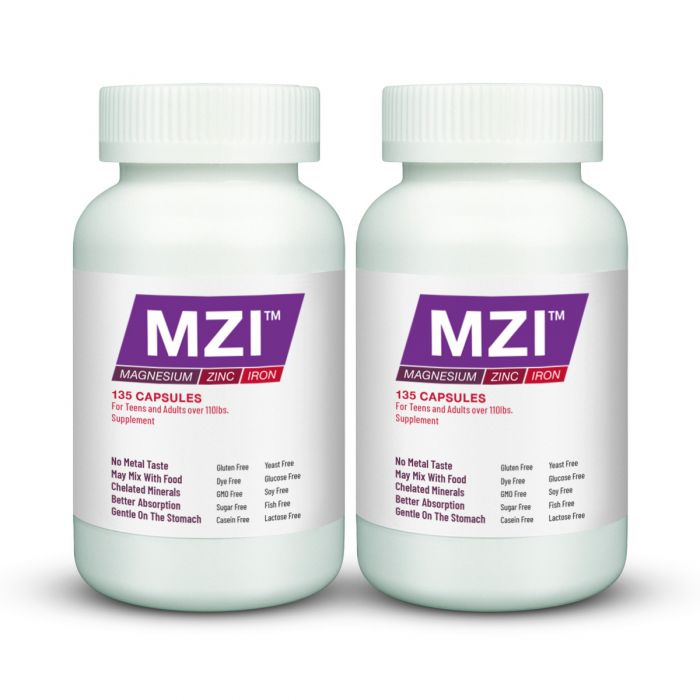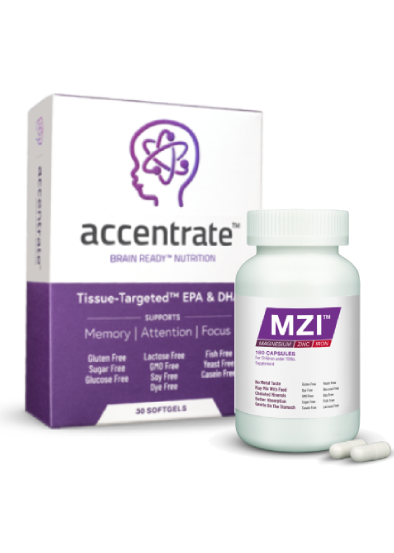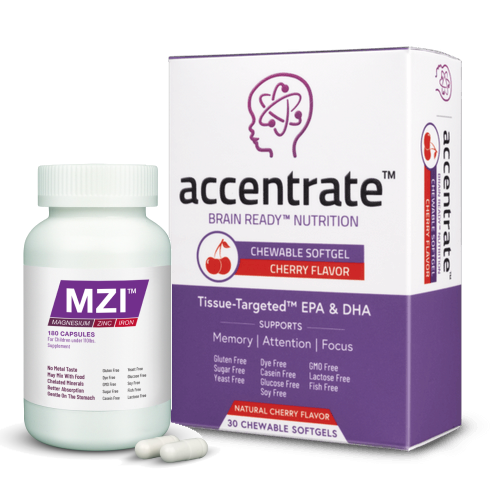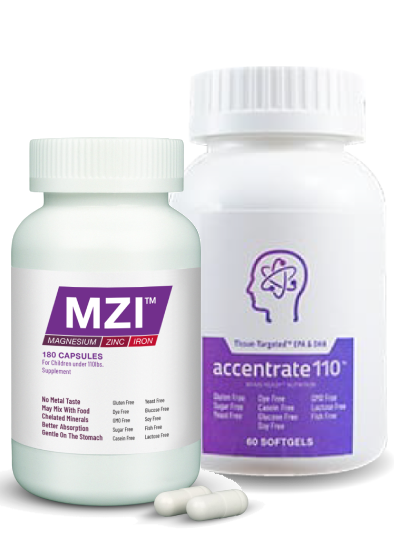For Medical Practitioners
How Accentrate® works
Accentrate® contains omega-3 fatty acids, which address lipid imbalances associated with inattention and emotional dysregulation, as well as vitamins and minerals, which the body uses to support proper regulation of neurotransmitters needed for optimal cognition, including memory, attention, and focus.
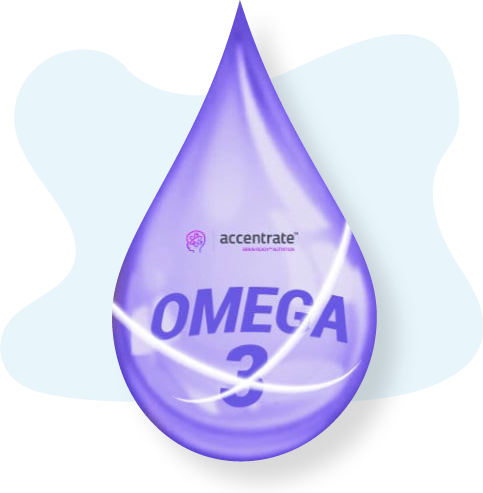
Learn more about Fenix Assist
This program is designed to encourage compliance with your patients and help them remember to order their supplements.
Please download the form, check mark the product you wish your patient to begin on, enter provider details and patient information, and then email the completed form to [email protected].
A representative from our company will contact your patient as directed within 48 hours to help them order the recommended product.
The research behind lipid imbalances
The u-3 polyunsaturated fatty acid (PUFA) docosahexaenoic acid (DHA) and, to a lesser extent, the u-6 PUFA arachidonic acid (AA) constitute a large proportion of the lipid in the brain. The u-3 PUFAs DHA and eicosapentaenoic acid (EPA) are involved in many aspects of brain function including cell growth, neural signaling, and gene expression. [1]
Omega-3 PUFAs are thought to play an important role in cell membrane elasticity and myelination and may thus affect neural signal transduction. Animal studies indicated that omega-3 PUFA deficiency, and specifically DHA deficiency, results in decreased neuron size in rats that were raised on a DHA-deficient diet. Furthermore, both dopaminergic and serotonergic neurotransmission have been shown to be reduced in rats on an omega-3 PUFA-deficient diet, with marked effects in the frontal cortex. [2]
More specifically, lower frontal cortical omega-3 PUFA status correlated with hyperactive and impulsive behavior in rats. Interestingly enough, a vast body of human literature has implied neurotransmitter dysfunction and impairments in cognitive control for those suffering from inattention and emotional dysregulation. With all this in mind, this may suggest a potential target for omega-3 supplementation in the treatment of this disorder. [3]
It’s also been shown that people diagnosed with inattention and emotional dysregulation are more likely to have low levels of certain lipids, specifically certain omega-3 fatty acids. Inattention and emotional dysregulation has been shown to be associated with metabolic disturbances in lipid metabolism [4]. The imbalances in lipid metabolism that may occur with inattention and emotional dysregulation are associated with increased oxidative stress, higher rates of lipid degradation, and decreased synthesis of phospholipids containing omega-3 fatty acids. Reduced levels of phospholipid-EPA and phospholipid-DHA affect membrane structure and function.
Accentrate® promotes optimal neurotransmitter regulation
Signal transduction and receptor signaling are major membrane functions which may be influenced by membrane stability and fluidity. Lower concentration of omega-3 LCPUFA in neuronal tissue has been speculated to lead to lower serotonin levels at critical periods of neurodevelopment and may result in a cascade of suboptimal development of neurotransmitter systems limiting regulation of the limbic system by the frontal cortex, thus explaining the association to oppositional behavior.” [5]
Backed by scientific research
Accentrate® was specifically formulated to include ingredients backed by scientific research
However, in recent years there has been a growing interest in nonpharmacological treatments to provide an alternative for parents and clinicians looking for alternative or additive treatments.
Accentrate® contains premium ingredients that are not often found in an over-the-counter multivitamin. The ingredients are the active, bioavailable forms that cross the blood-brain barrier, which is why we call it Brain Ready™ Nutrition. Each ingredient is also backed by the scientific literature.
Accentrate® is More
It has been reported that “single-nutrient studies have yielded only modest findings, whereas broader interventions may be more promising… A consideration of some of the ingredients and the role they play in brain metabolism highlights the importance of the broad array of nutrients and may help explain the non-specific effects the nutrients appear to have on psychiatric symptoms”.
Accentrate® helps support focus, memory, attention, and emotional regulation such as increased agitation and other mood imbalances. Accentrate® may be combined with a proper diet, behavioral therapy, and medication (if needed) as recommended by a medical practitioner. Children will have the best possible tool set to manage their symptoms associated with inattention, emotional dysregulation, and hyperactivity effectively.
Tissue-Targeted™ EPA and DHA
Tissue-Targeted™ EPA and DHA are omega-3 fatty acids conjugated to a phospholipid (PL).
EPA and DHA in this form, unlike fish oil, readily bypass the blood brain barrier and are absorbed by brain tissue through Lyso-phosphatidylcholine.
“Omega-3 fatty acids play a very important role during brain development, partly through their regulation of the serotonin system. Reduced intake of EPA and DHA during neurodevelopment results in decreased serotonin synthesis, storage, release, and receptor function.”
It has been reported that the developmental difficulties associated with inattention and emotional dysregulation have a neurological basis and might be related to low levels of omega-3 polyunsaturated fatty acids (PUFA), and some evidence reports that children with inattention and emotional dysregulation and dyslexia may show improvements in symptoms following supplementations with omega-3 fatty acids.
It has been proposed that EPA regulates serotonin release and that this omega-3 fatty acid modulates serotonin function through regulation of serotonin release in the presynaptic neuron.
It has also been proposed that DHA regulates serotonin receptor function and that omega-3 fatty acids modulate the serotonin system through DHA mediated regulation of serotonin receptor function, which depends on cell membrane fluidity. DHA is the most abundant fatty acid in the brain, making up 30% of the fatty acid content. Cell membrane fluidity depends on the amount of omega-3 fatty acids in the membrane and phospholipids, which increase membrane fluidity. DHA composition in the lipid membrane is necessary for adequate membrane fluidity (167–170).
It has also been suggested that “increased u-3 PUFA intake can improve attention, literacy, and behavior problems in some children with inattention and emotional dysregulation.”
Riboflavin
Riboflavin, is Vitamin B2, and is a coenzyme used in the metabolism of dopamine and is a co-factor in the metabolism of essential fatty acids in brain lipids. Riboflavin derivatives also have direct antioxidant properties and increase endogenous antioxidant status as essential cofactors in the glutathione redox cycle.
These statements have not been evaluated by the Food and Drug Administration (FDA). This product is not intended to diagnose, treat, cure, or prevent any disease.
L-Methylfolate
L-methylfolate is the bioavailable form of folic acid and crosses the blood brain barrier. L-methylfolate regenerates tetrahydrobiopterin, which is essential for neurotransmitter formation. L-methylfolate is necessary for proper regulation of neurotransmitters, which is important for mood, attention, and memory.
Folates have been reported to be of fundamental importance in brain growth, differentiation, development, repair, mood, cognition, ageing, and methylation. Impaired methylation of dopamine receptors and membrane phospholipids can contribute to problems in firing of neurons and subsequently to attention disorders.
Vitamin B6/B12
“Vitamin B6 (pyridoxal 5’-phosphate) acts as a cofactor for the synthesis of gamma-aminobutyric acid, serotonin and dopamine.” It has been reported that administration of Vitamin B6, Vitamin B12, and folate “might contribute to the positive effects … given their role in the regulation of homocysteine metabolism, mood, and neurotransmitter synthesis.
Vitamin D3
Vitamin D3 regulates serotonin. An underlying mechanism has been reported that describes how Vitamin D3 hormone appears to control 900 genes and is a key regulator of brain serotonin synthesis.
It has been reported that Vitamin D3 supplementation has been shown to improve inattention, hyperactivity, and impulsivity in children and adults with inattention and emotional dysregulation.
These statements have not been evaluated by the Food and Drug Administration (FDA). This product is not intended to diagnose, treat, cure, or prevent any disease.
Join over a hundred other practitioners helping their patients manage inattention and emotional dysregulation
Contact Us
Accentrate® Products
Accentrate®Chewable Softgel
MZI™ Kids
Accentrate®
MZI™ Adults
Accentrate110®
Accentrate®Chewable Softgel And MZI™ Kids
Real Reviews from Real Customers see all reviews
 39 Reviews
39 Reviews

Mariano


Veronica


Carrie


User update (Accentrate & Accentrate110)


Tammy


Kassie


S. D.


Leah


Molly (adult and child user)


Oliva


Jill


Helen


Pelac


Tammie


April


Stephanie


Kassie J


Jill F


Navid


Erica (Adult User)


Lucinda


Vincent


Melissa


Mark (Adult User)

Prior to starting Accentrate I was on medication. Around 1 month into the Accentrate, I could tell things were changing for me because I felt overstimulated when I took my medication. I have since had my dose decreased to 30mg. Things seem to be better now. Not overstimulated. I’m hoping with continued use of Accentrate, I will continue to decrease my need for medication. I’ve had no side effects from the Accentrate that I’m aware of.

M Tucker


Linda W


Kendra O


ADHDmomma


Jen P


Corrie


Cherie M


Cherie M


Twinkie Mom


Nikki


Rebecca



